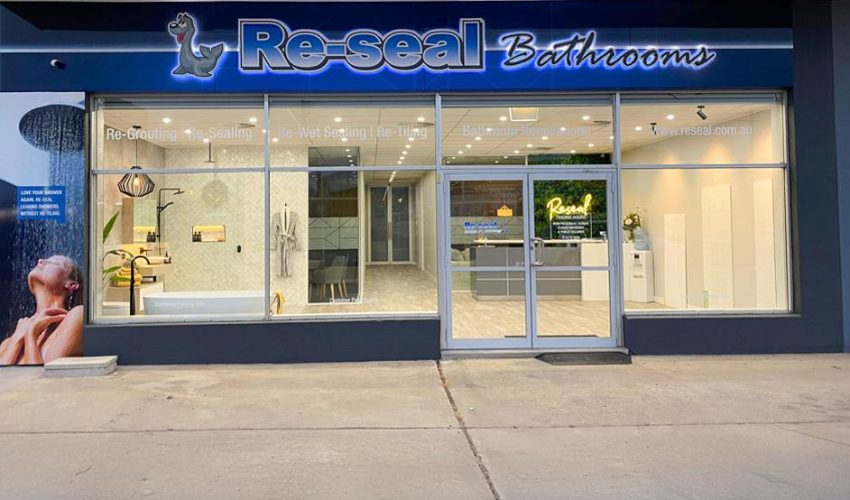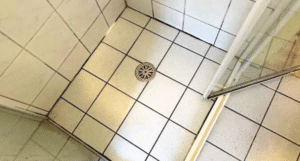A shower is one of the most used areas in any home, which means it takes on a lot of wear and tear. Over time, the waterproofing, grout, and sealants can break down—leading to leaks, mould, and even hidden water damage. The good news is, spotting the early signs of trouble can save you from costly repairs down the track.
Here are the most common indicators that your shower may need resealing:
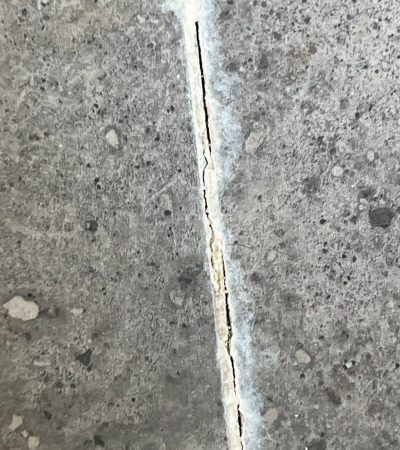
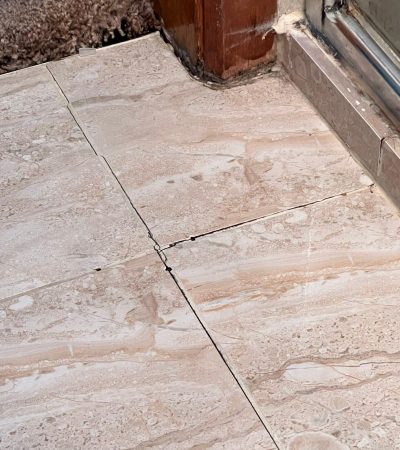
Grout is designed to keep water from seeping behind your tiles. When it starts to crack, crumble, or disappear altogether, moisture can easily find its way into the walls or floor. Even small hairline cracks can cause major damage over time.
2. Mouldy or Discoloured Joints –
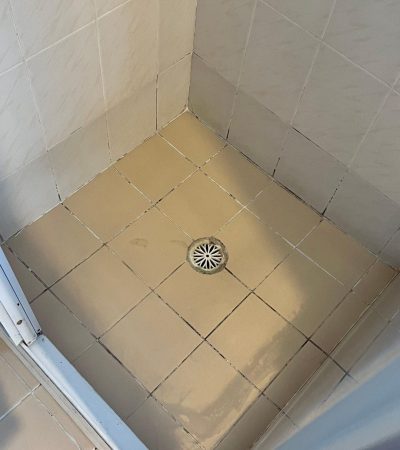
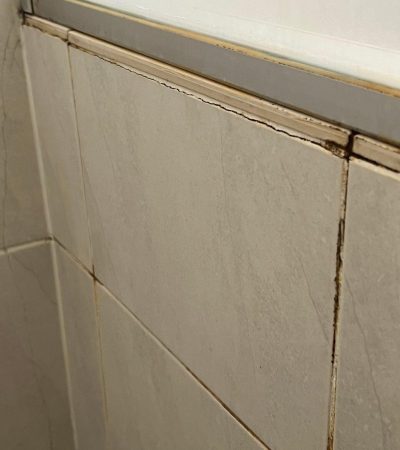
If you’ve noticed mould or mildew returning quickly even after cleaning, it may not just be a surface problem. Damaged seals or porous grout can hold onto moisture, creating the perfect breeding ground for mould.
3. Musty or Damp Smells Nearby –
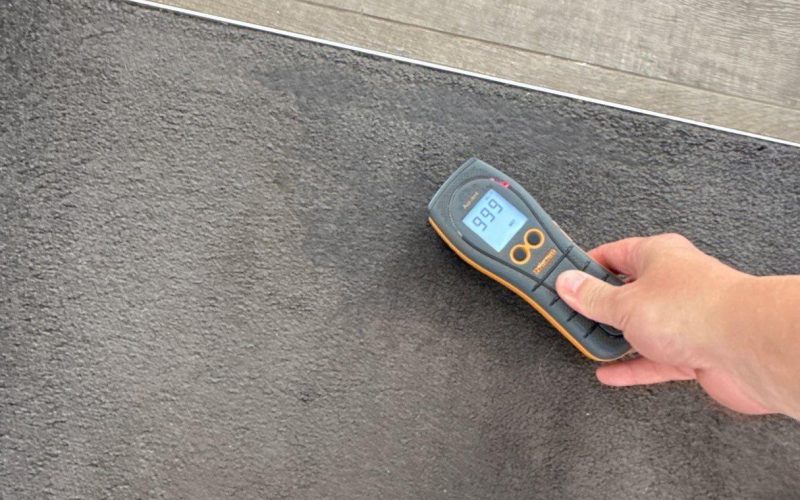
A persistent musty smell in the bathroom, hallway, or adjoining rooms can often mean water has escaped from your shower into surrounding materials like carpet, skirting boards, or subflooring.
4. Loose or “Drummy” Tiles –
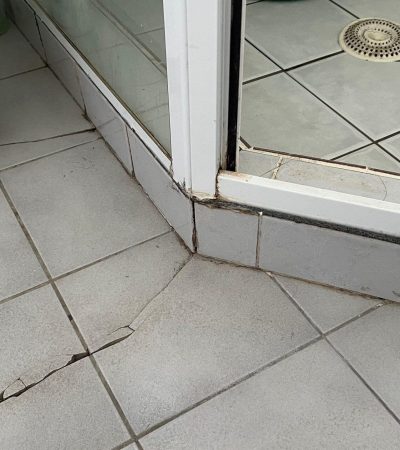
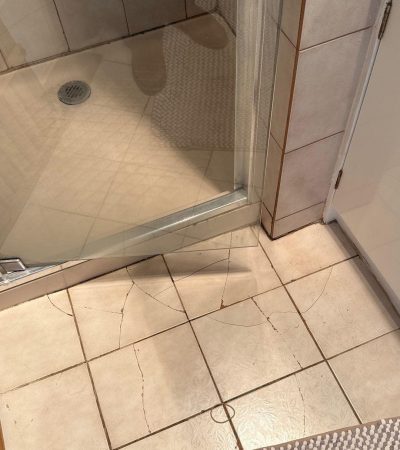
If your tiles sound hollow when tapped, or you notice movement underfoot, it could be a sign water has already compromised the adhesive or the surface beneath.
5. Water Damage Outside the Shower –
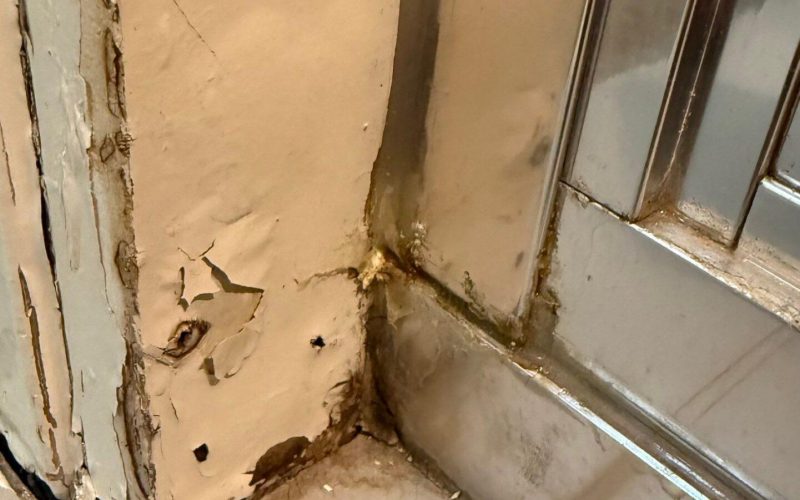
Peeling paint, swollen skirting boards, or stains on the ceiling below an upstairs bathroom are all red flags. This usually points to water escaping past the shower’s seals.
Why Re-sealing Works
Re-sealing involves removing old grout and sealants, applying a flexible waterproof sealant, and ensuring the shower is watertight again—without the need for a full renovation. It’s a fast, cost-effective way to protect your bathroom and home from further damage.
If you’ve noticed any of these signs in your shower, it may be time to have it professionally resealed. Catching the problem early can save you from expensive repairs and keep your bathroom fresh, clean, and watertight.

